Ep. 57: Meeting Jewish Jesus For the First Time w/ Dr. Amy Jill Levine
Show Notes
Episode Summary
One of the great ironies of the Christian religion is that the person Christians worship isn’t a Christian. Jesus was born, raised, and died a Jew. He might even find it odd that an entire new religion grew up out of his short life and painful death. He is without question, the most popular person to have ever walked the earth. But what do we really know about this first century Galilean? If we are honest, not much. He was born to humble parents under sketchy circumstances, he grew to become an itinerant preacher and wisdom teacher. The poor loved him, drunks drank with him, and sex workers called him friend. Some believed him a prophet, others thought he was the Messiah. The religious elite saw him as a threat and the Roman Empire eventually murdered him as a political revolutionary.
But what cannot be questioned about the historic Jesus is his Jewish identity. He was rooted in first century Judaism. He celebrated the Jewish festivals. He went on pilgrimage to the Jewish Temple in Jerusalem, he taught in the Synagogue. He was a miracle worker and mystic. If you grew up in the church, Jesus was presented as the first Christian, a man who dedicated his life to dismantling Judaism in route to founding a new religion. But this view is not only historically inaccurate, it fails to account for Jesus’ Jewish identity.
In this erudite episode, scholar Amy-Jill Levine helps Christians and Jews understand the "Jewishness" of Jesus so that our appreciation of him deepens and a greater interfaith dialogue can take place. Levine's humor and informed truth-telling provokes honest conversation and debate about how Christians and Jews should understand Jesus in the modern world. How have we gotten him right? How have we gotten him wrong? What might we learn about him by remembering and studying his Jewish identity? What would Jesus have believed about hell, sexuality, women, and the Bible in his first century Jewish context?
We’ve all met Jesus before. Or, have we? Meeting Jesus as a first century Jew just might change not only how you see yourself, but your faith tradition as well.
Bio
Amy Jill Levine (“AJ”) is Rabbi Stanley M. Kessler Distinguished Professor of New Testament and Jewish Studies at Hartford International University for Religion and Peace and University Professor of New Testament and Jewish Studies Emerita and Mary Jane Werthan Professor of Jewish Studies Emerita, at Vanderbilt. Her publications include The Misunderstood Jew: The Church and the Scandal of the Jewish Jesus, Short Stories by Jesus: The Enigmatic Parables of a Controversial Rabbi; six children’s books (with Sandy Sasso); The Gospel of Luke (with Ben Witherington III, the first biblical commentary by a Jew and an Evangelical); The Jewish Annotated New Testament (co-edited with Marc Brettler), The Bible With and Without Jesus: How Jews and Christians Read the Same Stories Differently (with Marc Brettler), The Pharisees (co-edited with Joseph Sievers), and thirteen edited volumes of the Feminist Companions to the New Testament and Early Christian Literature. Along with Introduction to the Old Testament for the Teaching Company, her Beginner’s Guide series for Abingdon Press includes Sermon on the Mount, Light of the World, Entering the Passion of Jesus, The Difficult Words of Jesus, Witness at the Cross, and Signs and Wonders. The first Jew to teach New Testament at Rome’s Pontifical Biblical Institute, an elected member of the American Academy of Arts and Sciences, and the first winner of the Seelisberg Prize for Jewish-Christian Relations, AJ describes herself as an unorthodox member of an Orthodox synagogue and a Yankee Jewish feminist who works to counter biblical interpretations that exclude and oppress.
Quotables
“Christians are figuring out how to make Jesus look good by making Jews look bad.”
“If you get the history wrong you are going to get Jesus wrong.”
“If Jesus were a feminist, then at least six of the twelve disciples would have been women.”
“What Christians wind up doing is inventing a Judaism that makes the Taliban look progressive.”
“What people do is they want to map onto Jesus stuff that is important to them…what concerns me is not giving him his own historical space.”
“If you have an image of an Old Testament God of wrath and a New Testament God of love…then better Bible knowledge and better knowledge of first century Jewish thought would be helpful.”
“I don’t think Jesus is interested in doing away with the Roman Empire, I believe he is interested in bringing about the Kingdom of Heaven.”
“There was not a final judgment. There was not peace on earth, we got the Church.”
“If Jews got a bye then why did Jesus have to die?”
“If you have a theological belief, my concern is less is this view true but rather what does your view lead you to do?”
“To ask questions like, ‘Is Jesus Divine?’ is a bit like asking, is love correct?”
“You think Jesus is interesting and important? See him through my eyes because I think he is fascinating!”
“He is a Jew, so he’s one of mine. So part of what I am doing is doing Jewish history.”
“Jesus is the first person in literature ever called Rabbi.”
“Jews have been debating Torah since Moses came down the mountain.”
“For Christians to recognize Jesus is not only their Lord and Savior but that he is a first century Jew that must be understood in his historical context.”
“We don’t know if Jesus is literate, Luke might have given him an upgrade.”
“The issue isn’t errancy or inerrancy, the issue is how do we understand this.”
“Jews are not just a religion, we are a people with a sense of a common ancestry, a homeland, and a constitution.”
“If you are a people, you can debate because there is no way they can take your peoplehood away from you.”
“If you get into a movement by belief, you also get out by belief.”
“Christians also kind of invented heresy.”
“Christians are held together by creed and dogma so you don’t want to have too much debate because then you get kicked out of the system.”
“If something only means one thing, why do you need a sermon. Hell, how dull.”
“Study in Judaism is a form of worship.”
“Who killed Jesus? Clearly Pontius Pilate signed the death warrant.”
“Who killed Jesus? In a sense we all did. But what happens in Christianity the Jews get tagged for it.”
Please follow us on social media (use the buttons below) and help us get the word out! (Also, please don’t hesitate to use any of these channels or email to contact us with any questions, concerns, or feedback.)
Support Us on Patreon
And get access to every episode 5 days early! In addition, your financial support gives us the time we need to be able to create and produce amazing content, including Patreon-exclusive content. Please consider joining our team of patrons by clicking the button below. Thank you!
If you prefer just giving with no strings attached, you can also just buy us a coffee! Any amount helps us cover the costs of creating this show.
Credits
This episode was produced by The Sophia Society and written by Gary Alan Taylor. Music is by Faith in Foxholes.

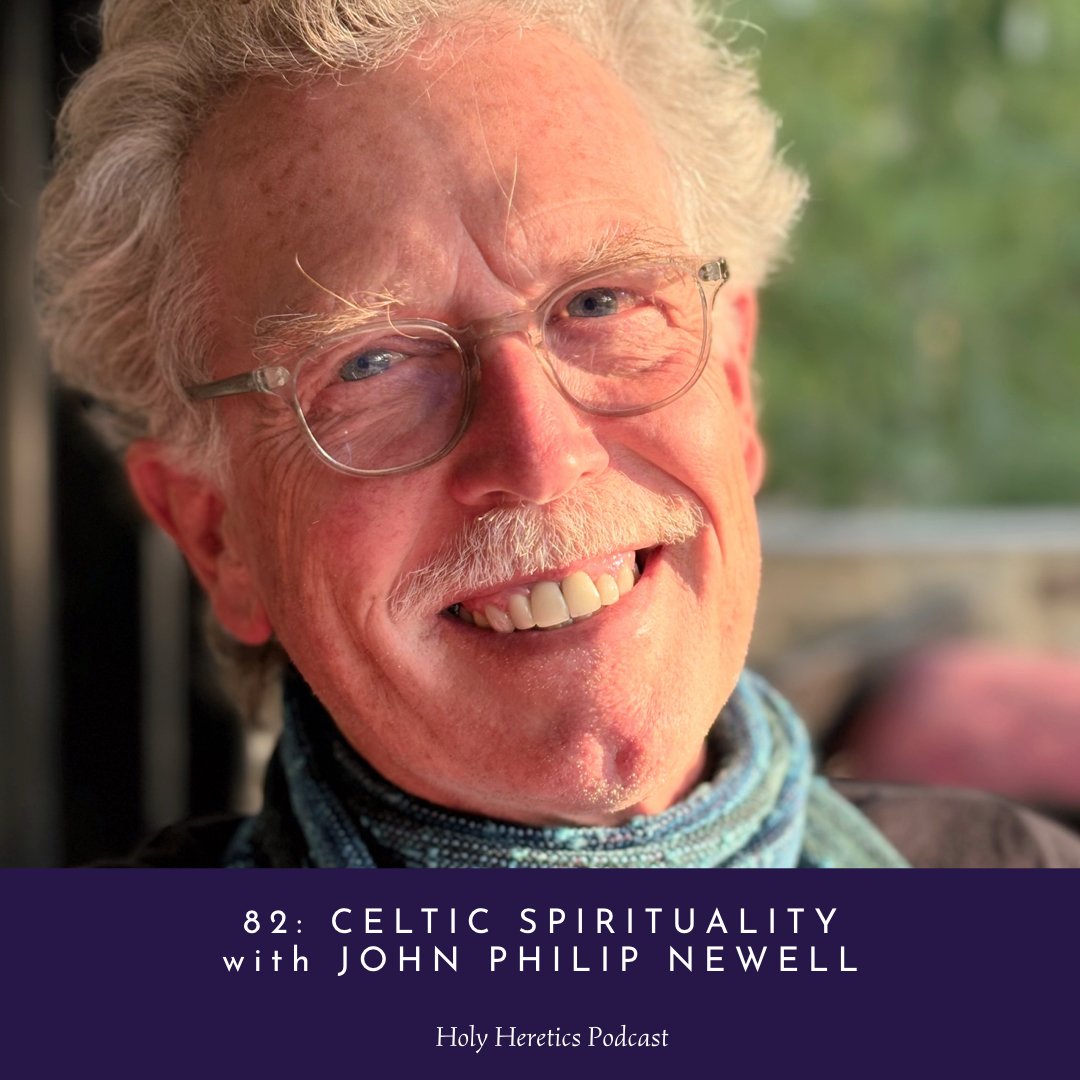

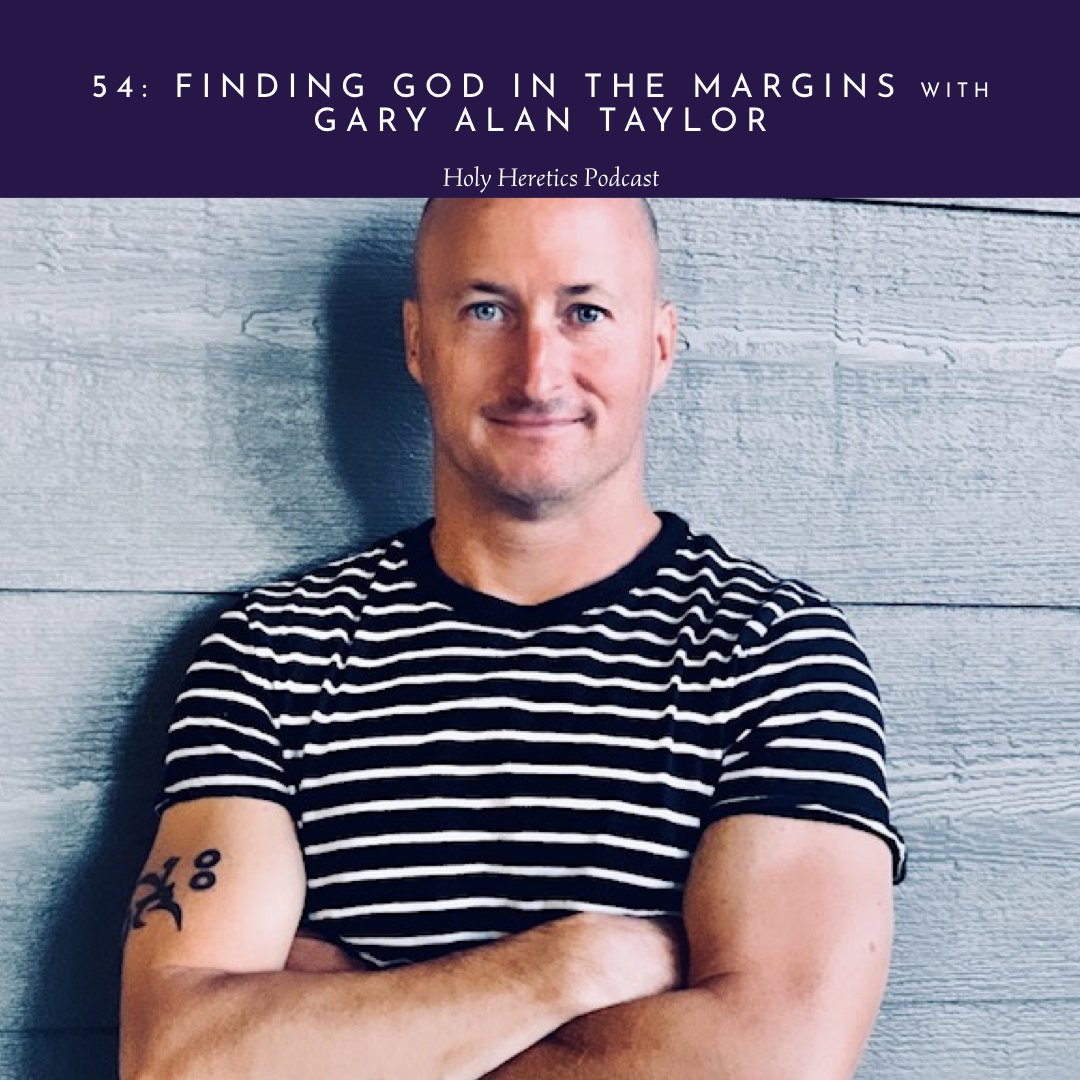
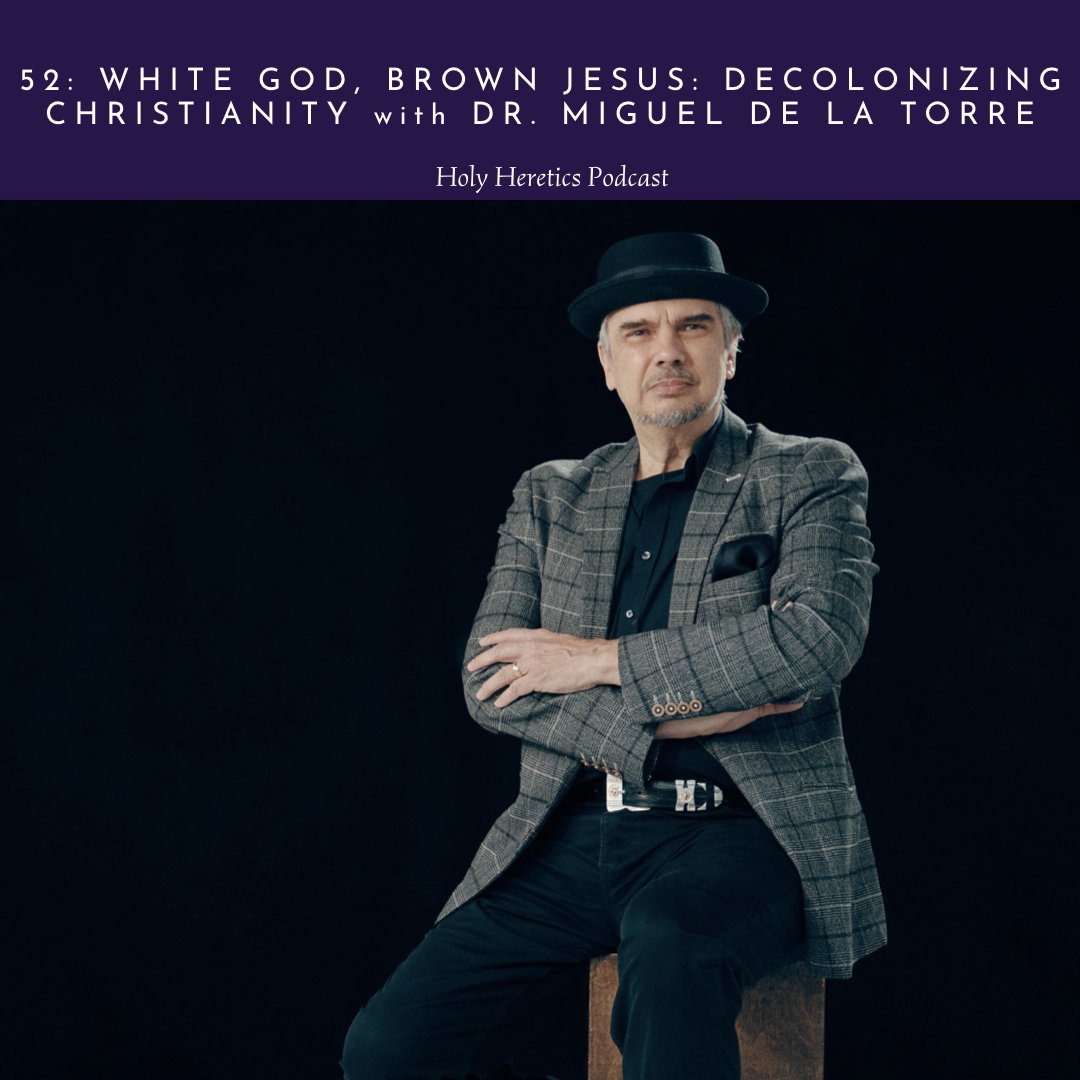
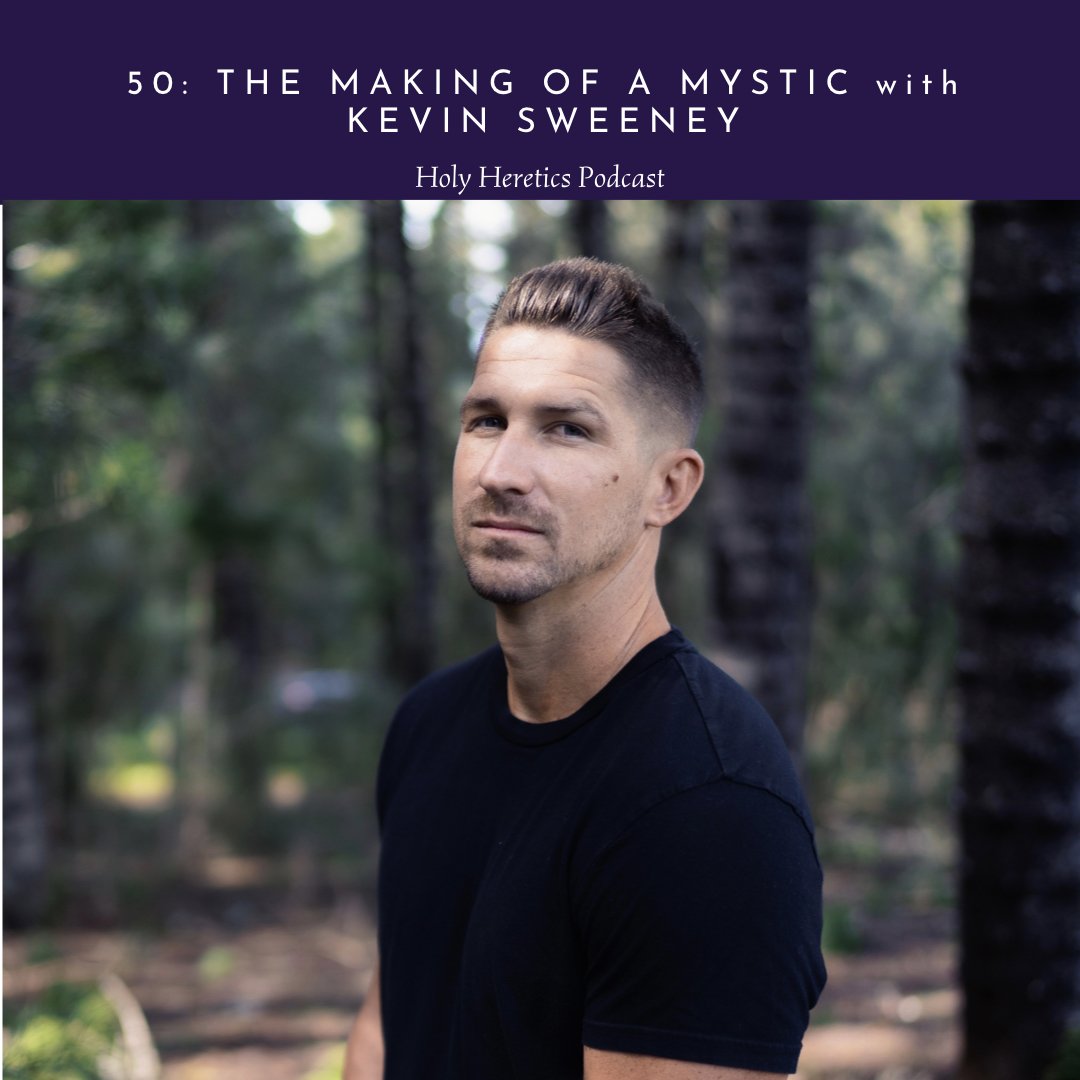

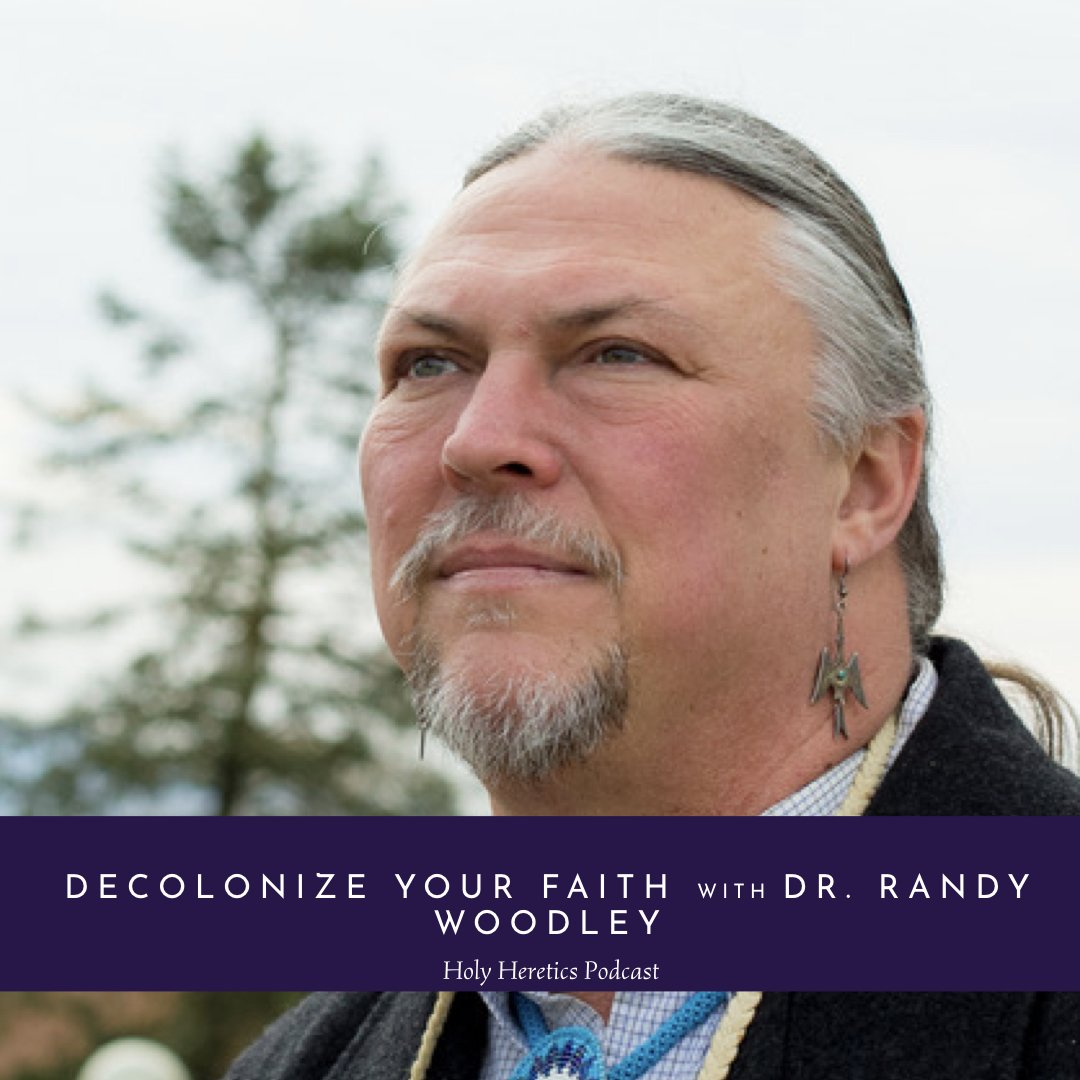
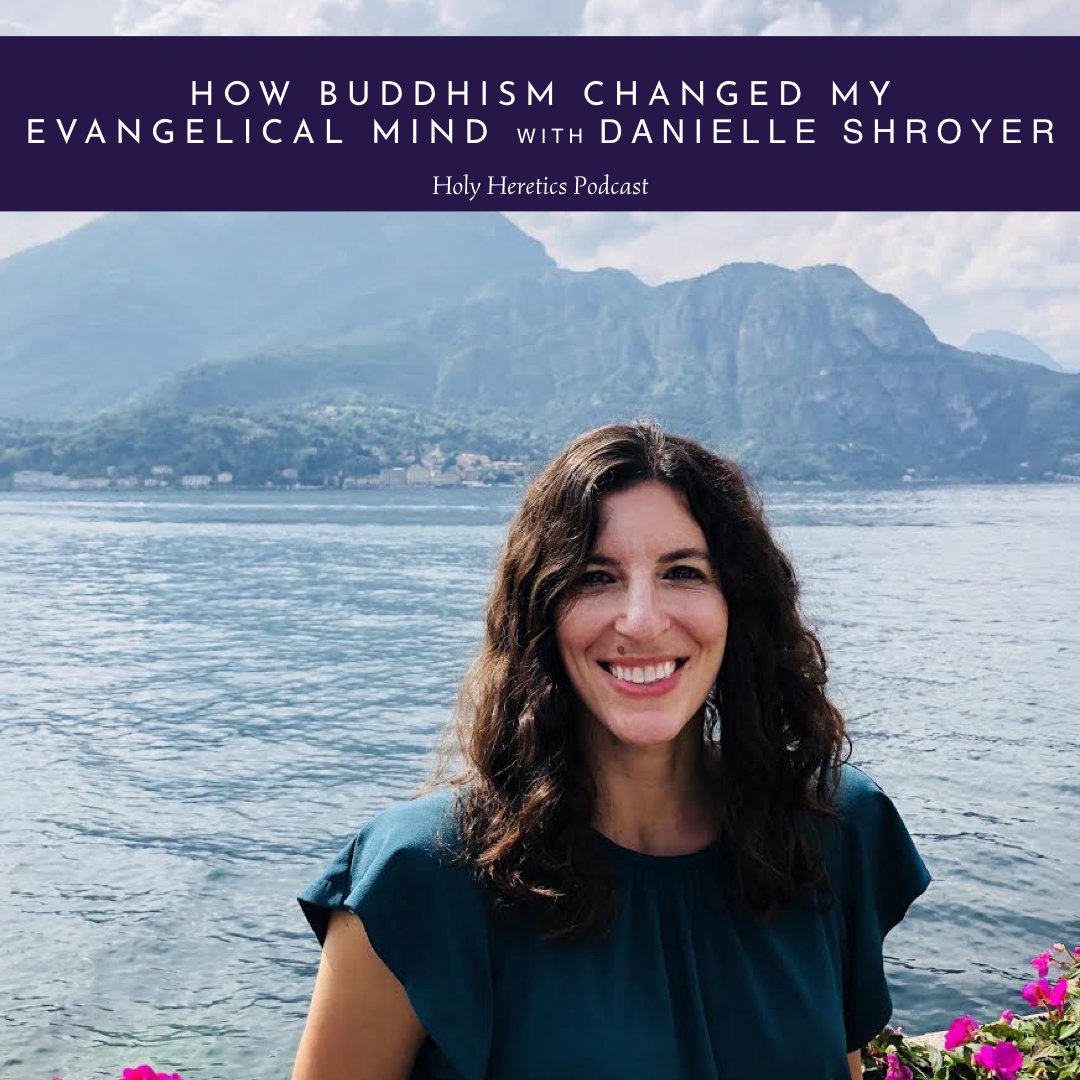
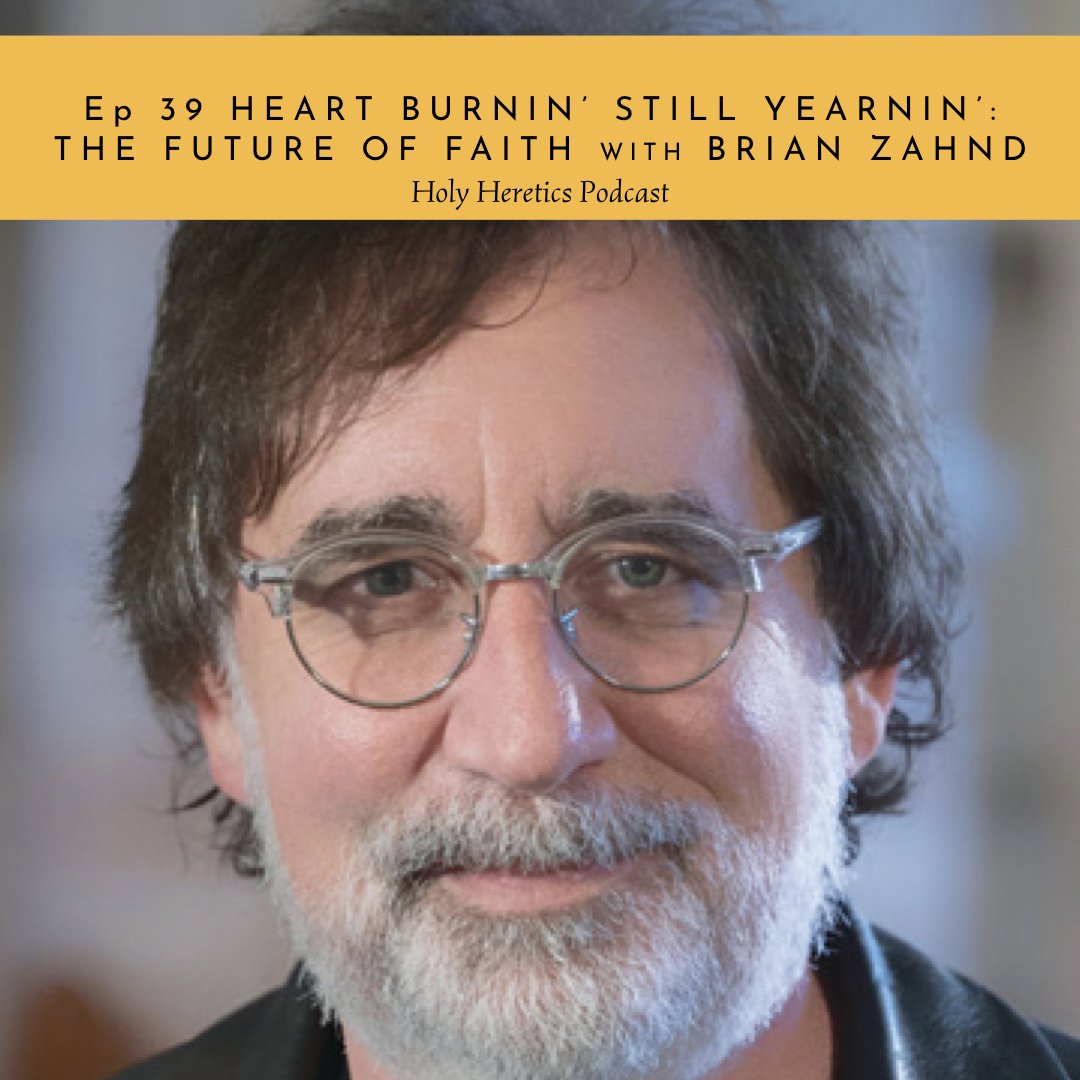

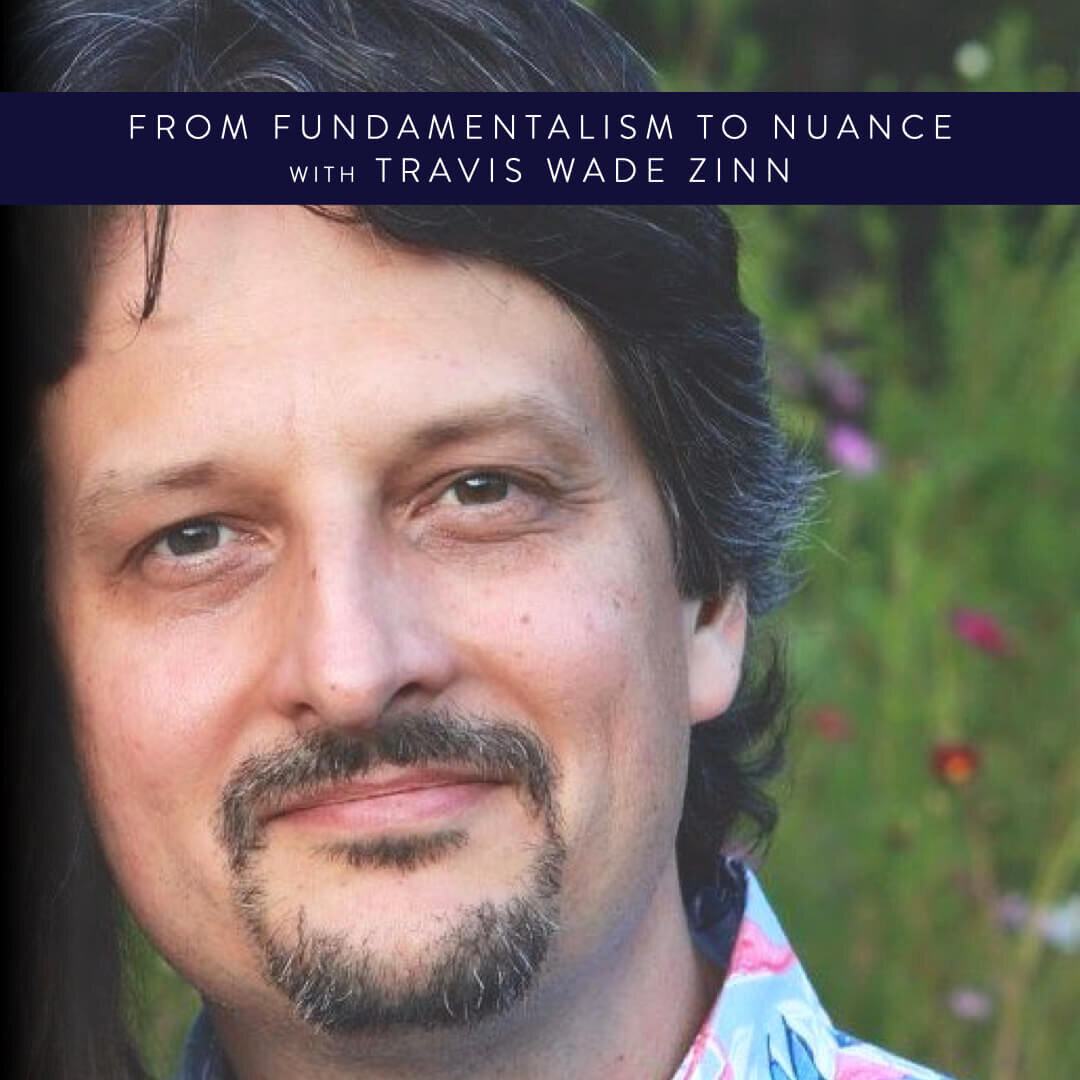
This rising interest in ecospirituality reflects a growing recognition that environmental issues cannot be addressed solely through scientific or political means, but also require a profound shift in our worldview, values, and spirituality.